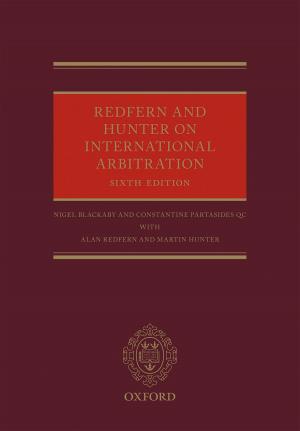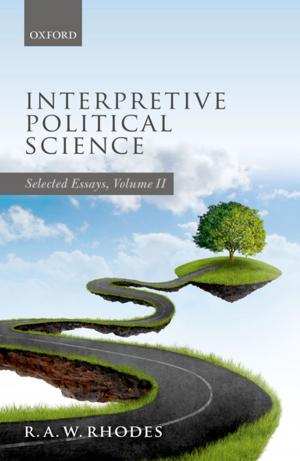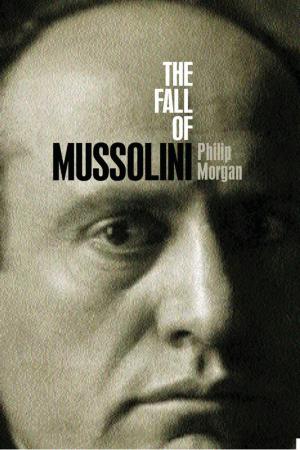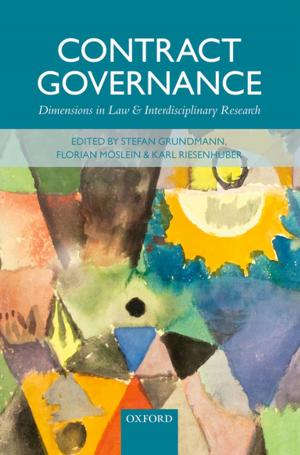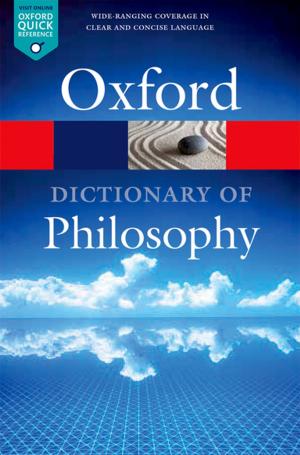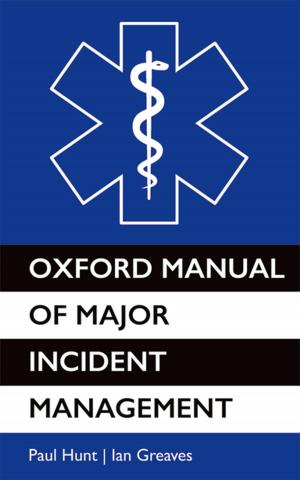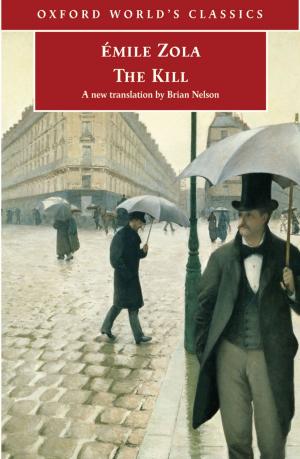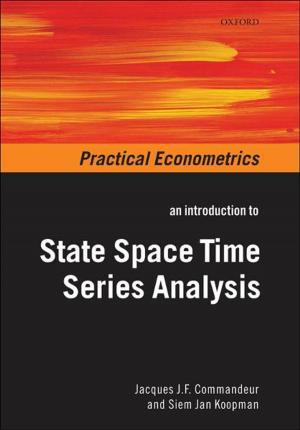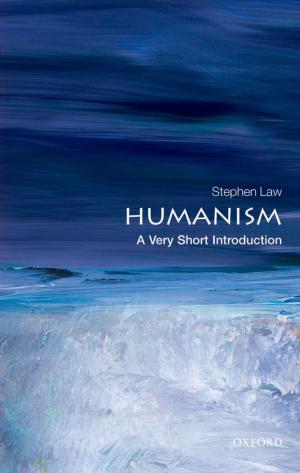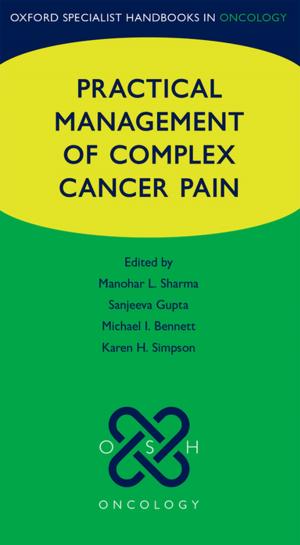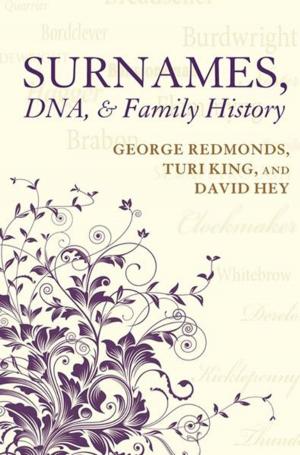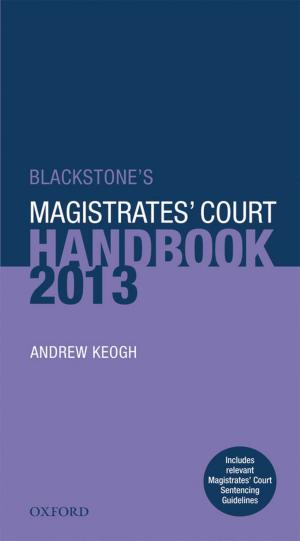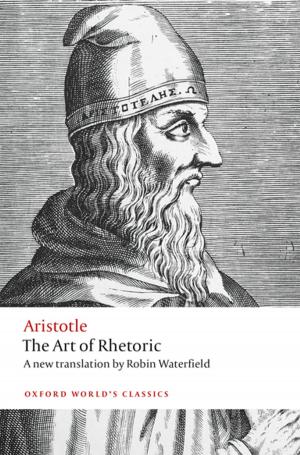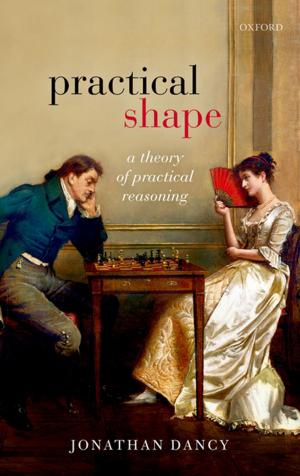Music and the Irish Literary Imagination
Fiction & Literature, Literary Theory & Criticism, British, Nonfiction, Entertainment, Music| Author: | Harry White | ISBN: | 9780191609435 |
| Publisher: | OUP Oxford | Publication: | November 13, 2008 |
| Imprint: | OUP Oxford | Language: | English |
| Author: | Harry White |
| ISBN: | 9780191609435 |
| Publisher: | OUP Oxford |
| Publication: | November 13, 2008 |
| Imprint: | OUP Oxford |
| Language: | English |
Harry White examines the influence of music in the development of the Irish literary imagination from 1800 to the present day. He identifies music as a preoccupation which originated in the poetry of Thomas Moore early in the nineteenth century. He argues that this preoccupation decisively influenced Moore's attempt to translate the 'meaning' of Irish music into verse, and that it also informed Moore's considerable impact on the development of European musical romanticism, as in the music of Berlioz and Schumann. White then examines how this preoccupation was later recovered by W.B. Yeats, whose poetry is imbued with music as a rival presence to language. In its readings of Yeats, Synge, Shaw and Joyce, the book argues that this striking musical awareness had a profound influence on the Irish literary imagination, to the extent that poetry, fiction and drama could function as correlatives of musical genres. Although Yeats insisted on the synonymous condition of speech and song in his poetry, Synge, Shaw and Joyce explicitly identified opera in particular as a generic prototype for their own work. Synge's formal musical training and early inclinations as a composer, Shaw's perception of himself as the natural successor to Wagner, and Joyce's no less striking absorption of a host of musical techniques in his fiction are advanced in this study as formative (rather than incidental) elements in the development of modern Irish writing. Music and the Irish Literary Imagination also considers Beckett's emancipation from the oppressive condition of words in general (and Joyce in particular) through the agency of music, and argues that the strong presence of Mendelssohn, Chopin and Janácek in the works of Brian Friel is correspondingly essential to Friel's dramatisation of Irish experience in the aftermath of Beckett. The book closes with a reading of Seamus Heaney, in which the poet's own preoccupation with the currency of established literary forms is enlisted to illuminate Heaney's abiding sense of poetry as music.
Harry White examines the influence of music in the development of the Irish literary imagination from 1800 to the present day. He identifies music as a preoccupation which originated in the poetry of Thomas Moore early in the nineteenth century. He argues that this preoccupation decisively influenced Moore's attempt to translate the 'meaning' of Irish music into verse, and that it also informed Moore's considerable impact on the development of European musical romanticism, as in the music of Berlioz and Schumann. White then examines how this preoccupation was later recovered by W.B. Yeats, whose poetry is imbued with music as a rival presence to language. In its readings of Yeats, Synge, Shaw and Joyce, the book argues that this striking musical awareness had a profound influence on the Irish literary imagination, to the extent that poetry, fiction and drama could function as correlatives of musical genres. Although Yeats insisted on the synonymous condition of speech and song in his poetry, Synge, Shaw and Joyce explicitly identified opera in particular as a generic prototype for their own work. Synge's formal musical training and early inclinations as a composer, Shaw's perception of himself as the natural successor to Wagner, and Joyce's no less striking absorption of a host of musical techniques in his fiction are advanced in this study as formative (rather than incidental) elements in the development of modern Irish writing. Music and the Irish Literary Imagination also considers Beckett's emancipation from the oppressive condition of words in general (and Joyce in particular) through the agency of music, and argues that the strong presence of Mendelssohn, Chopin and Janácek in the works of Brian Friel is correspondingly essential to Friel's dramatisation of Irish experience in the aftermath of Beckett. The book closes with a reading of Seamus Heaney, in which the poet's own preoccupation with the currency of established literary forms is enlisted to illuminate Heaney's abiding sense of poetry as music.

